
SMCM alumna Oates (left) and Dr. Howansky
India Oates ’21 was awarded a $509 Mamie Phipps Clark Research Grant from Psi Chi over the summer of 2021. The award “highlights research projects by Psi Chi students and faculty advisors focusing on diverse populations and issues.” Her project, “Transgender and Gender Non-Conforming Individuals’ Dehumanizing Beliefs and Experiences” was originally conceived and developed though directed research with Assistant Professor of Psychology Kristina Howansky in the spring 2021 semester. The study aims to identify how transgender and gender non-conforming (GNC) individuals experience dehumanization and examine how their beliefs about stereotypes may mediate the association between dehumanization and harmful mental health effects and the association between dehumanization experiences and self-dehumanization. This study will help fill in gaps in the current psychological body of literature. Limited research has examined the associated effects of dehumanization, nor has past dehumanization work focused on transgender and GNC individuals’ perspectives. Grant funding will be used to compensate a large sample of online survey participants recruited from Academic Prolific.
India is currently studying morality and empathy as a full-time lab manager at Pennsylvania State University – the perfect combination of her double-major in religious studies and psychology.

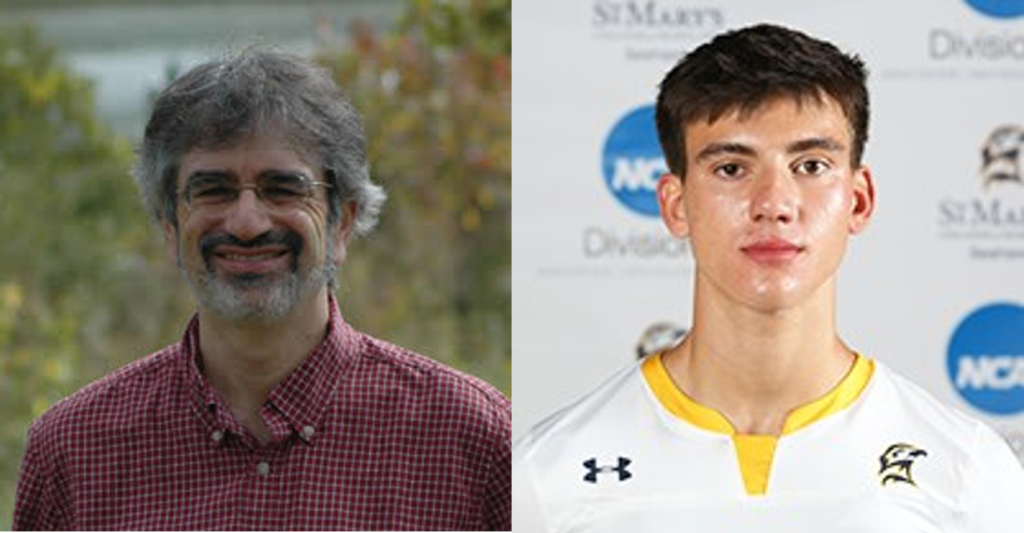
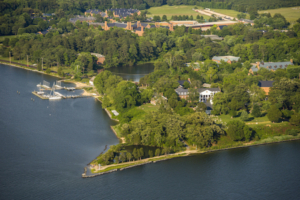 St. Mary’s College of Maryland, in continued partnership with The Patuxent Partnership (TPP) – a local nonprofit organization that works with government, industry, and academia on initiatives in science and technology – has awarded the inaugural The Patuxent Partnership Physics Scholarship.
St. Mary’s College of Maryland, in continued partnership with The Patuxent Partnership (TPP) – a local nonprofit organization that works with government, industry, and academia on initiatives in science and technology – has awarded the inaugural The Patuxent Partnership Physics Scholarship.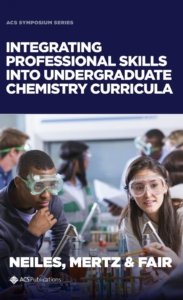 To address the national need of professional skills training for chemists and biochemists, seven faculty members of the Department of Chemistry and Biochemistry authored seven chapters for a recently released American Chemical Society (ACS) Symposium Series book, “Integrating Professional Skills into Undergraduate Chemistry Curricula.”
To address the national need of professional skills training for chemists and biochemists, seven faculty members of the Department of Chemistry and Biochemistry authored seven chapters for a recently released American Chemical Society (ACS) Symposium Series book, “Integrating Professional Skills into Undergraduate Chemistry Curricula.”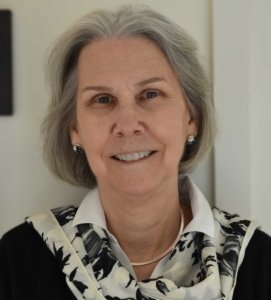 Professor of Anthropology, Julia (Julie) King, was recently awarded a $110,000 grant from the National Park Service to fund a complete archeological overview and assessment of
Professor of Anthropology, Julia (Julie) King, was recently awarded a $110,000 grant from the National Park Service to fund a complete archeological overview and assessment of 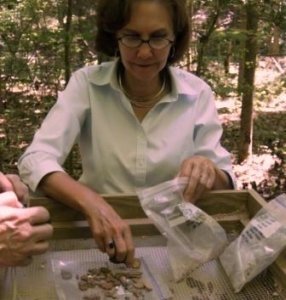 Professor of Anthropology Julia King, Instructor of Anthropology Scott Strickland and SMCM students Caitlin Hall, Sarah Kifer and Danielle Harris-Burnett are featured in a
Professor of Anthropology Julia King, Instructor of Anthropology Scott Strickland and SMCM students Caitlin Hall, Sarah Kifer and Danielle Harris-Burnett are featured in a 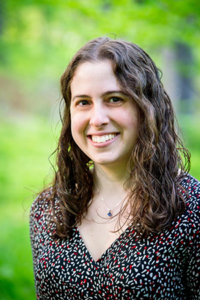 Assistant Professor of Psychology at St. Mary’s College of Maryland Gili Freedman and colleague Jennifer Beer (University of Texas at Austin) recently received a collaborative, three-year grant from the National Science Foundation for a total of $465,222 ($75,102 of which will go to SMCM).
Assistant Professor of Psychology at St. Mary’s College of Maryland Gili Freedman and colleague Jennifer Beer (University of Texas at Austin) recently received a collaborative, three-year grant from the National Science Foundation for a total of $465,222 ($75,102 of which will go to SMCM).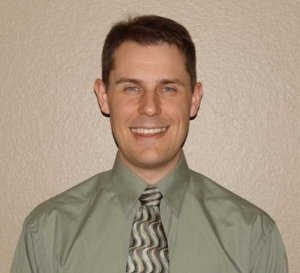 Daniel (Dan) Chase, Assistant Professor of Chemistry, was recently awarded a three-year, $70,000 grant from the
Daniel (Dan) Chase, Assistant Professor of Chemistry, was recently awarded a three-year, $70,000 grant from the 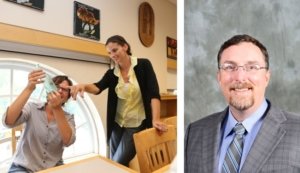
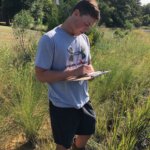 Dillon Waters, senior biology major, was recently awarded funds ($1,020) from Cove Point National Heritage to support his St. Mary’s Project titled, “Comparison of Traditional Freshwater Sampling Methods versus eDNA Water Sampling to Assess Aquatic Biodiversity in Maryland Streams.”
Dillon Waters, senior biology major, was recently awarded funds ($1,020) from Cove Point National Heritage to support his St. Mary’s Project titled, “Comparison of Traditional Freshwater Sampling Methods versus eDNA Water Sampling to Assess Aquatic Biodiversity in Maryland Streams.”